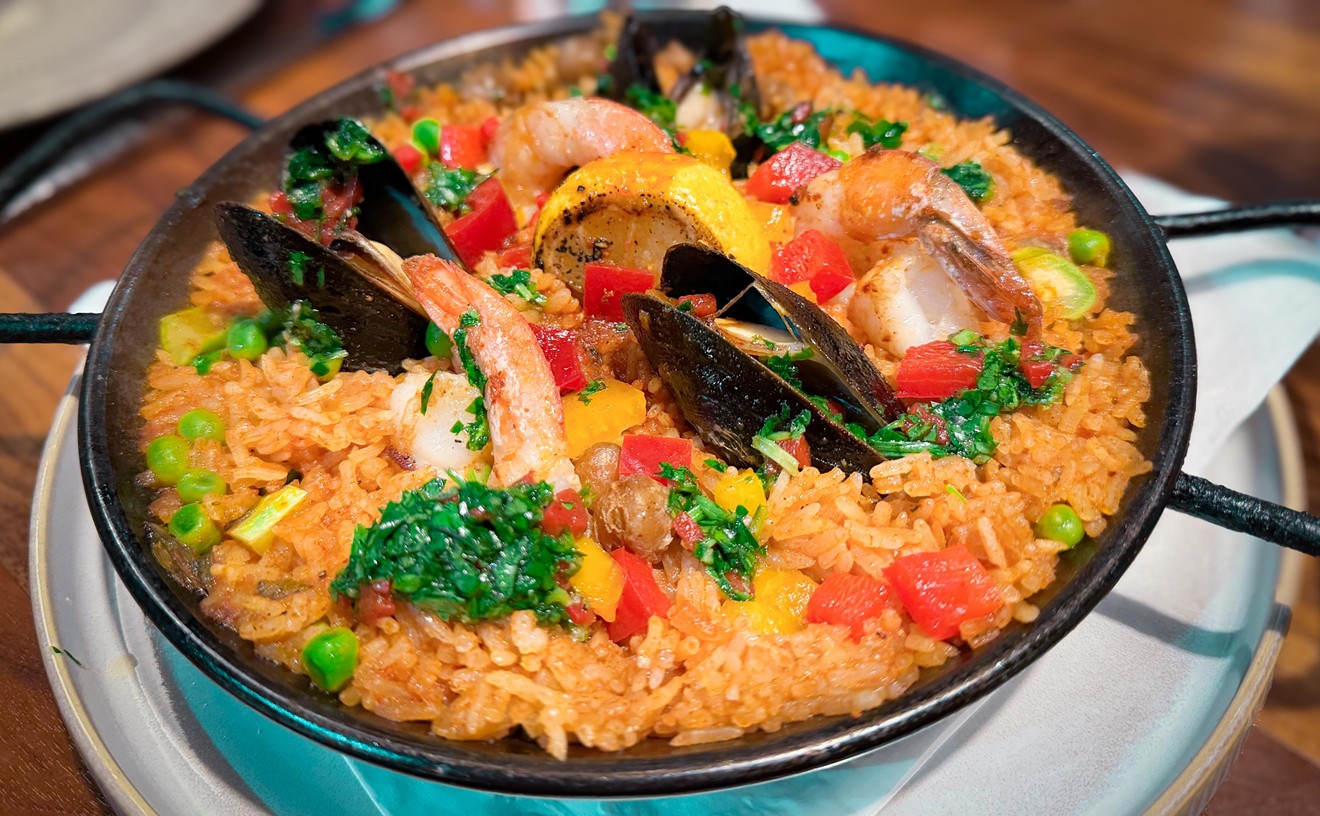First, let's slow down. Every time I write about the service industry, I catch the ire of bartenders and waitstaff who want me tarred and feathered for my thoughts on issues like bottle popping, steak cutting and valet parking. Let's frame this blog post by saying this idea assumes that whatever new system replaces the common tipping convention will ensure all front end staff will be paid what they're used to. What we're trying to examine is how that income is calculated and distributed among a restaurant's staff, and if it's really the best system.
See also: -Valet Parking Is For Pussies - No, I Won't Cut My Steak and Tell You if It's Cooked Right. That's Your Kitchen's Job.
I'm prompted by a recent TEDx talk given by Bruce McAdams, a Canadian restaurateur-turned-professor who advocates the end of the North American tipping system that dominates our restaurant culture.
McAdams opens with a salient point. Tipping got started in Europe, but most European countries have long abandoned the system in favor of paying staff a fair wage. It's only in North America that tipping has become such a dominant part of our restaurant economy. And even though the system has been abandoned in other countries, we're still hanging on to some old myths about tipping here in the States.
For instance, do you really tip to reward front-end staff for their services? I'll admit to tipping 20 percent far more often then not. I don't sit at the table and calculate a sliding percentage based on quality of service. Oops, this coffee is a little tepid, let's take it down to 17 percent. McAdams says research indicates I'm in the norm. Most people tip based on an arbitrary number they've set up for themselves, and rarely do they tip outside that value.
McAdams challenges other inconsistencies in the tipping system. Diners tip more on a $50 steak than they do on a $12 salad at a steakhouse, but have they really received more service? A trip to the register, and then to the kitchen to retrieve a meal is the same no matter what the restaurant charges for an item. There are more inconsistencies too.
While you think your big tip ensures big service, the quality of service you get from many in the service industry is based more on their perceptions of you as a diner. Certain ethnic groups are perceived as poor tippers in the industry, and large groups have been proven to be crappy tippers to such a degree that parties of six and more are often charged a certain tip regardless of the service they receive. Ladies, how would you feel if the same practice was applied to you based on sex? Women tip less than men according to McAdams' research, too.
There's more that makes tipping seem like a clunky and archaic income distribution system when you take a closer look.
Do front-end employees work harder than kitchen staff? They're paid significantly more. The disparity had caused some restaurants to enforce tip sharing with the back of the house, a move that has caused significant legal woes for some local restaurants, like Iron Cactus. McAdams goes as far as to blame the transient nature of the restaurant industry on the tipping system. It's possible. Europeans are known for a culture that embraces waiting tables as a viable career decision. Here the same job is commonly viewed as a way to get through college with minimal student loans.
So what would happen if we ditch the tipping system altogether? Would the cost of our meals explode? While the lecture spends nearly 20 minutes bashing our tipping system, it gives no predictions for how replacing it would effect our dining experience or the wages a service employee receives, but something tells me diners might be relieved by the death of the tipping system.
There's a little pressure on a customer who holds that pen to not be a cheapskate, and for the love of all things savory, who wants to do math after they've had a bottle of wine and a steak?
Would most waitstaff feel the same way? Would they prefer a system that pays a certain wage, even if they work a dismal shift that only offers a single table? Or would they prefer to keep the gamble alive in exchange for the quick cash they receive on a nightly basis?
Check out this video and let us know.










